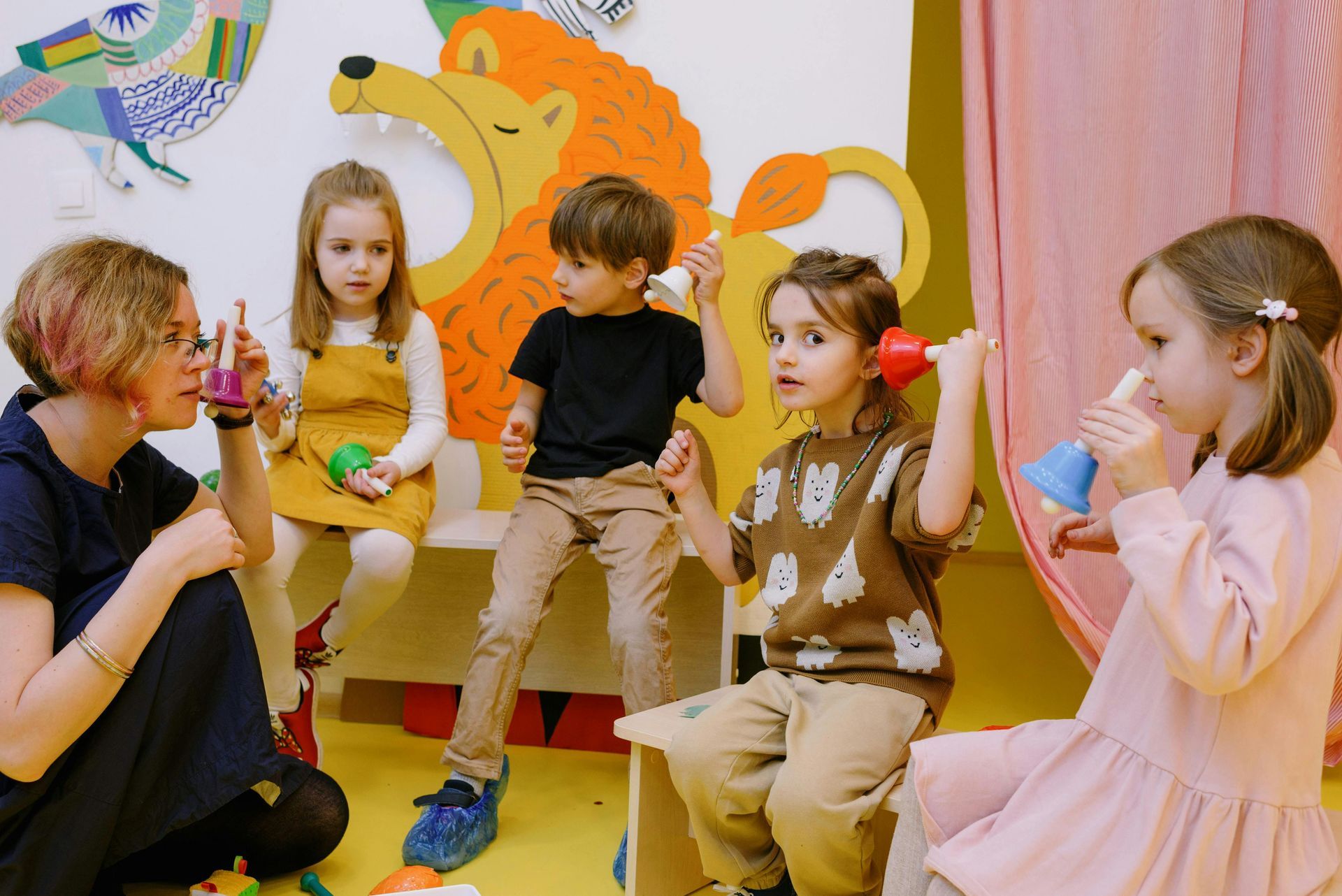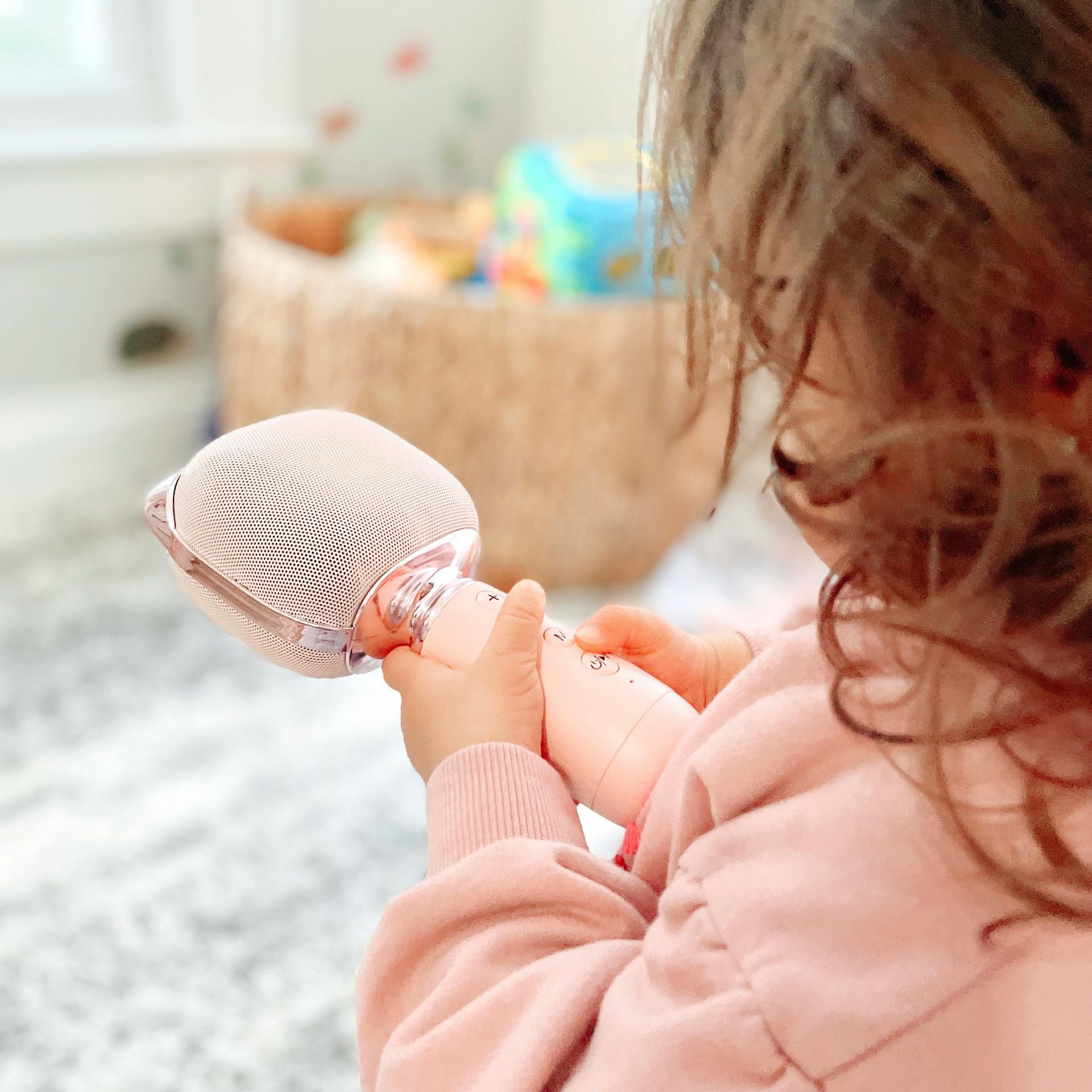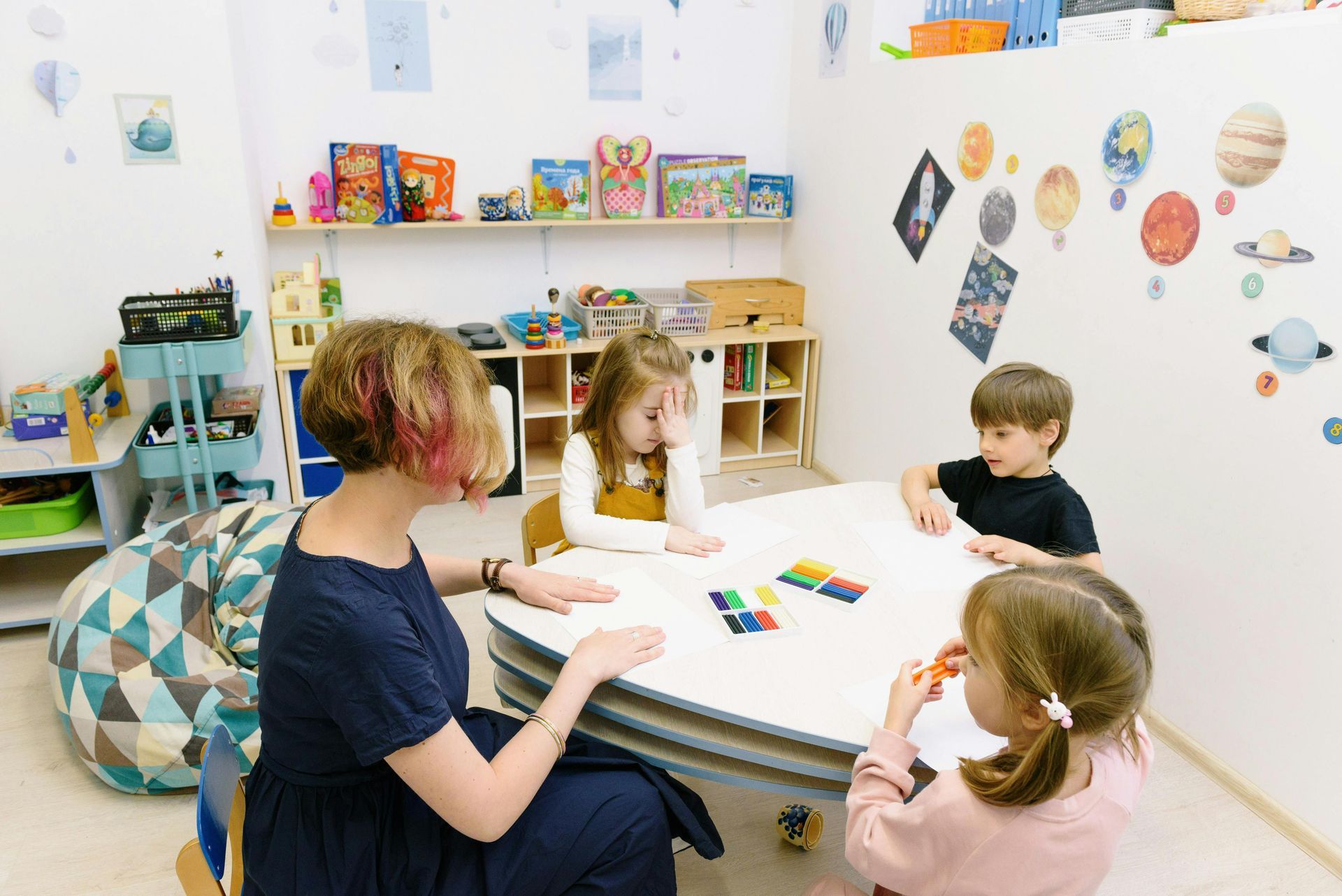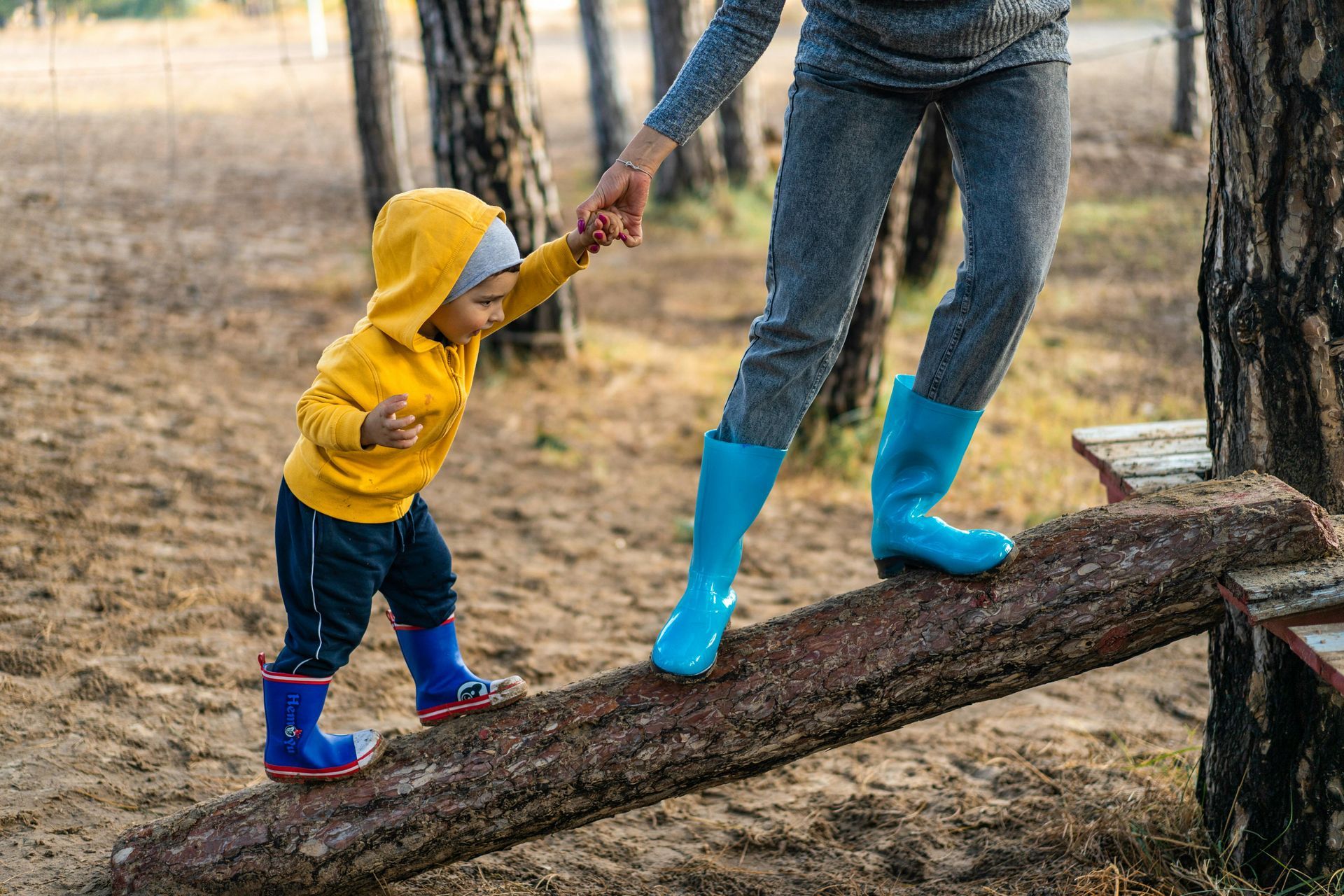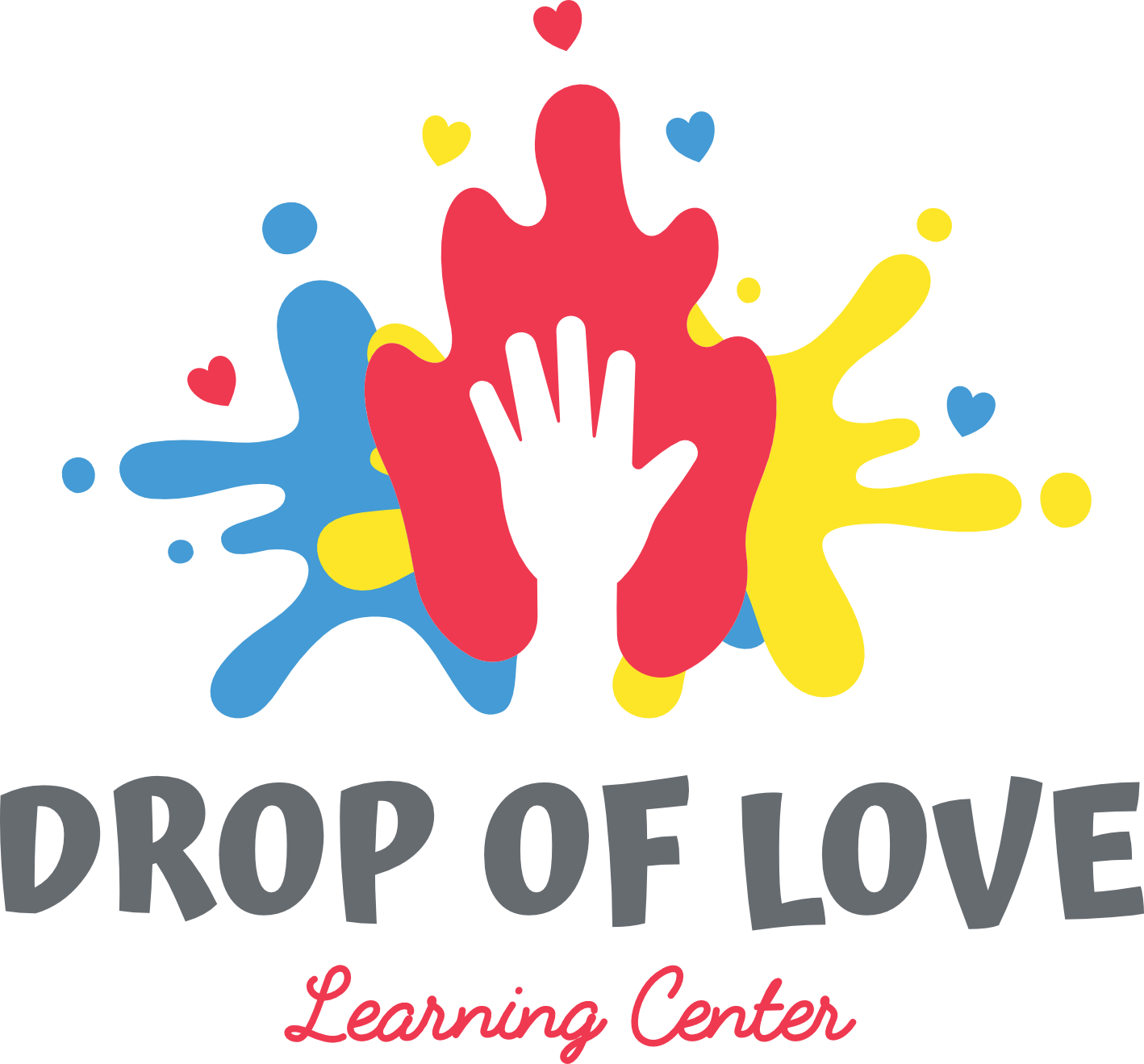Fostering a Growth Mindset in Young Children: The Key to Lifelong Learning
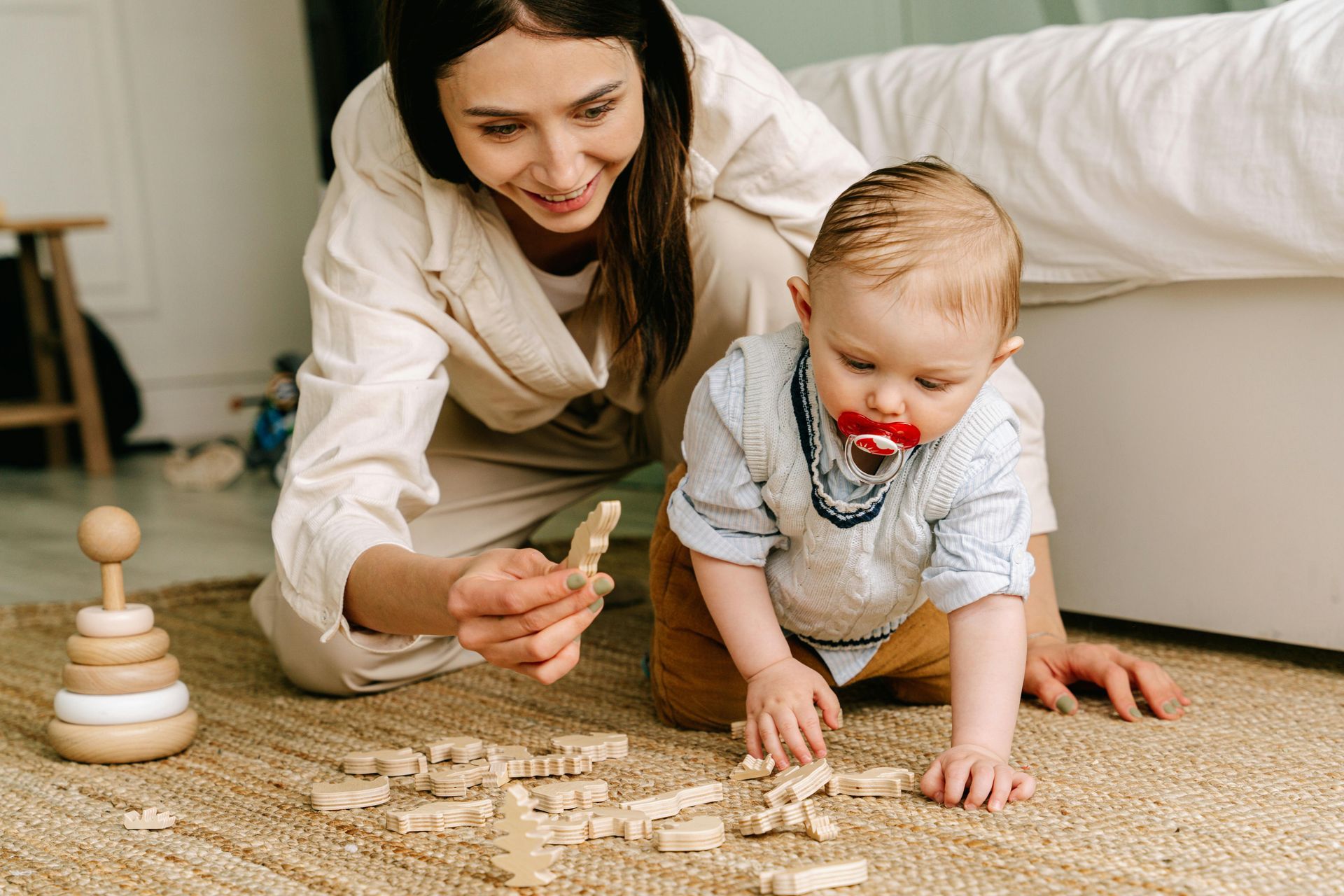
A growth mindset is the belief that abilities and intelligence can be developed through hard work, dedication, and learning from mistakes. In young children, cultivating this mindset is essential for encouraging resilience, perseverance, and a love of learning. At Drop of Love Orlando, we understand that fostering a growth mindset from an early age can set children up for long-term success in all aspects of life. In this blog post, we will explore the importance of a growth mindset, how it influences early childhood development, and practical strategies for nurturing it in children.
What is a Growth Mindset?
The concept of a growth mindset, developed by psychologist Carol Dweck, contrasts with a fixed mindset—the belief that intelligence and abilities are static and cannot be changed. Children with a growth mindset view challenges as opportunities to grow, understanding that making mistakes is part of the learning process. They embrace effort and practice as essential steps in improving their skills, rather than being discouraged by setbacks.
In contrast, children with a fixed mindset may feel discouraged when faced with challenges, thinking that failure is a reflection of their inherent inability. They may avoid tasks that seem difficult, fearing that they aren’t capable of success.
The Benefits of a Growth Mindset in Early Childhood
Fostering a growth mindset in early childhood provides numerous benefits:
- Increased Resilience
Children with a growth mindset are more likely to persevere through challenges, developing resilience in the face of setbacks. They understand that failure is not final, and they are motivated to keep trying until they succeed. - Improved Problem-Solving Skills
By viewing challenges as opportunities for growth, children with a growth mindset are more likely to engage in problem-solving and critical thinking. They learn to break down complex tasks, seek out solutions, and learn from their mistakes. - A Love of Learning
A growth mindset fosters a love of learning, as children are encouraged to embrace new challenges and take risks. They become motivated by the process of learning itself, rather than focusing solely on outcomes or grades. - Increased Confidence
When children believe they can improve through effort and persistence, they gain confidence in their abilities. They are less likely to give up when faced with difficult tasks, knowing that success is within reach through dedication and hard work. - Better Academic Performance
Research shows that children with a growth mindset tend to perform better academically. They approach learning with a positive attitude, and their persistence in the face of challenges leads to higher achievement over time.
How to Cultivate a Growth Mindset in Young Children
As parents and educators, we can play a pivotal role in helping children develop a growth mindset. Here are some strategies to encourage this mindset from an early age:
1. Praise Effort, Not Just Results
Instead of praising children for innate abilities (e.g., “You’re so smart!”), focus on their effort and perseverance. For example, say, “I’m proud of how hard you worked on that puzzle,” or “You kept trying, and that’s what helped you succeed.” This reinforces the idea that success comes from effort and persistence, not just natural talent.
2. Encourage Challenges and New Experiences
Encourage children to take on tasks that challenge them, whether it’s learning a new skill, trying a difficult puzzle, or exploring new activities. By providing opportunities for challenges, you help children see that difficulty is an inherent part of learning, and they can overcome it with time and effort.
3. Normalize Mistakes as Part of Learning
Mistakes should not be feared or avoided; they should be viewed as opportunities for learning. When children make mistakes, acknowledge them and discuss what can be learned from the experience. For example, “You made a mistake in your math problem. What can we do differently next time to solve it?”
4. Model a Growth Mindset
Children often learn by observing the behavior of adults. Be a role model for a growth mindset by showing how you approach challenges and setbacks. If you face a difficulty, express your determination to keep trying and learning. For instance, “This task is tricky, but I’m going to keep going and figure it out.”
5. Use Positive Language
The language you use can significantly influence a child’s mindset. Use positive and growth-oriented language, such as “You can do it if you keep trying” or “What did you learn from that?” This helps children internalize the idea that they have control over their learning and that their abilities can grow with effort.
6. Encourage a “Yet” Mentality
Teach children the power of the word “yet.” When they say something like, “I can’t do this,” respond with, “You can’t do it yet, but with practice, you will.” This simple shift in language emphasizes that ability is not fixed and that learning is a process that takes time.
7. Provide Constructive Feedback
When offering feedback, focus on the process rather than the outcome. For example, instead of saying, “That was great,” say, “I like how you thought carefully about each step. Next time, let’s try making it even better by…” This helps children focus on improving and learning, rather than just aiming for perfection.
8. Encourage Collaborative Learning
Collaborative learning experiences, such as group projects or cooperative games, allow children to support each other in problem-solving and learning. Working with peers helps children learn new strategies and techniques, promoting the idea that they can improve with support from others.
Learn how play can serve as a gateway to social success for preschoolers and why emotional regulation is crucial for their lifelong success by exploring these insightful blog posts: Play as a Gateway to Social Success: Helping Preschoolers Thrive and The Importance of Emotional Regulation in Early Childhood: A Key to Lifelong Success.
Conclusion
Cultivating a growth mindset in young children is a powerful way to set them on the path to lifelong learning, resilience, and success. At Drop of Love Orlando, we are committed to creating an environment where children feel empowered to embrace challenges, learn from their mistakes, and develop the skills they need to thrive. By focusing on effort, perseverance, and a love of learning, we help children build the foundation for a bright and successful future.
